Australian headquartered mining and civil services firm Global Road Technology (GRT), endorses and is planning to support the adoption of recommendations put forward by the National Dust Diseases Taskforce in its Engineered Stone Industry Final Report.
Commissioned in part due to the re-emergence of an entirely occupational respiratory disease, silicosis and the prevalence of work-related lung cancer cases, the report provides guidelines on the creation of a national approach to the prevention, early identification, control, and management of occupational dust diseases.
Although this report strongly focuses on the linkages between engineered stone material and silicosis, its additional aim is to start a national conversation around the need for a comprehensive program of work designed to fundamentally address the risks facing workers in industries that generate hazardous dust such as silica.
For GRT General Manager Daniel Grundy, this report serves as a timely wake-up call for business and government alike for the need to bolster Workplace Health & Safety regulations across the mining, quarrying, civil engineering, farming, and renewable energy sectors – with ‘whole of site’ dust mitigation strategies a must for relevant workplaces.
“This report is a very sobering wake-up call for a number of industries in that it showcases the lack of sufficient safety protocols in a number of workplaces to protect workers from disease-causing airborne particulate dust,” said Mr Grundy.
“One of the most important things that the report achieves is laying out in cold hard facts, is the stark realities of the dangers of particulate dust to workers and its clear relationship in causing occupational lung disease. From a GRT perspective, we wholly welcome the findings of the report, as it is a clear call to action for jurisdictions across the country to strengthen particulate dust control measures and highlights the need to provide adequate safety measures for employees.”
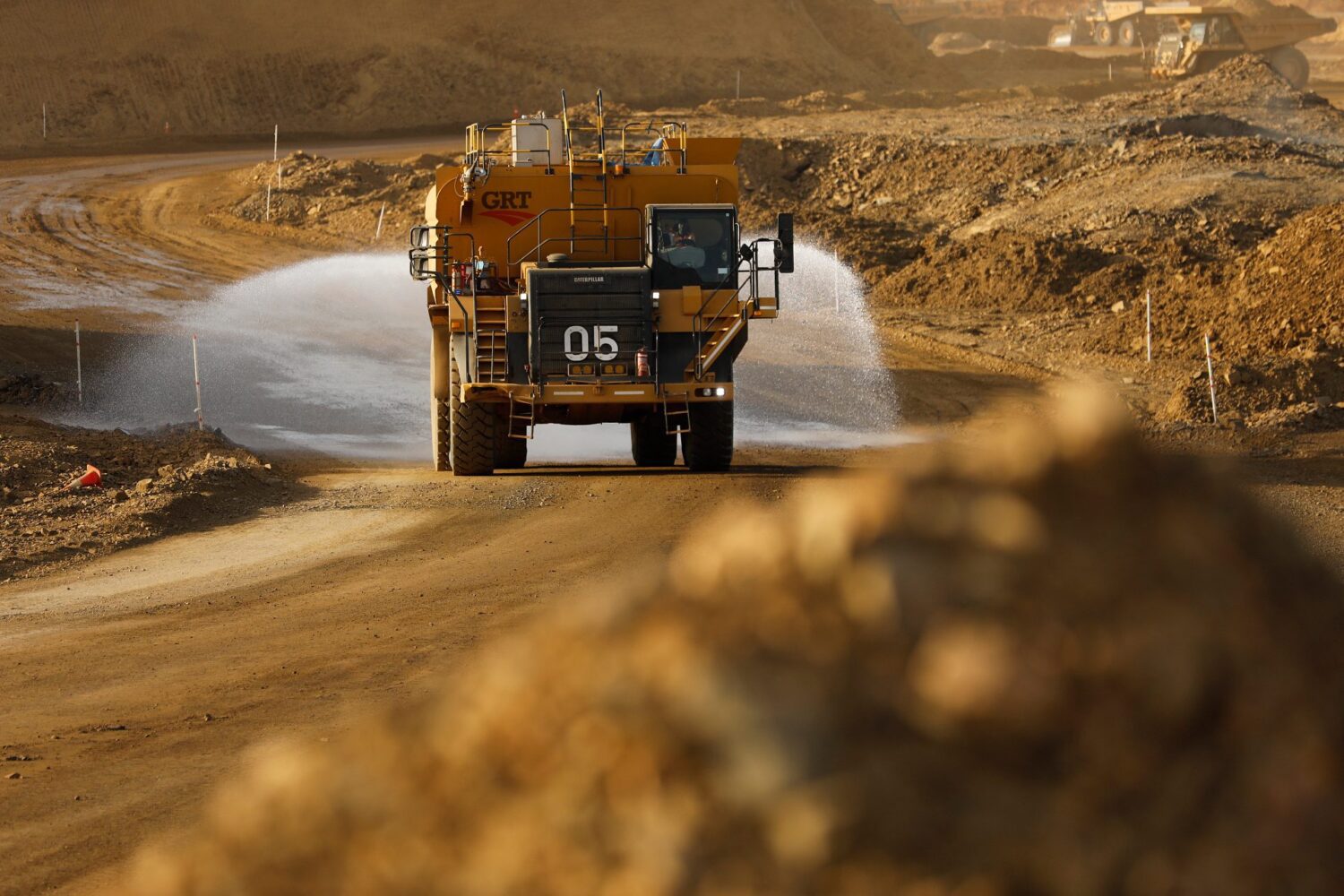
GRT is recognised nationally as an industry leader in dust control strategies, particularly in the mining, agricultural, and construction sectors. Its range of innovative products and techniques is designed to reduce the dust pollution generated by onsite industrial activity like drilling and stop it from spreading across the site and into local communities.
This approach is driven by it offering solutions at the apex of the hierarchy of control meaning that its products and techniques are designed to mitigate dust at its source to ensure that only minimal amounts of particulates reach workers – to the point where protective clothing and masks can safely deal with the remaining trace particles.
GRT’s innovative product suite of dust suppression non-toxic chemical applications twinned with its engineered dosing and application techniques has seen it emerge as a national leader in the development of infrastructure and process solutions for Australian industry.
They have been working at practically improving health and safety onsite by suppressing and stripping out silica and coal dust through their GRT: ACTIVATE products – particularly in underground mining and tunneling operations.
GRT has also recently launched two new products developed from its in-house research and development hub in Australia as it seeks to set the industry standard in applying the latest innovations to reduce dust pollution. These provide a two-pronged attack on the hazardous, respirable dust generated from drill and blast activities. The first product, GRT: 12X targets the dust generated by drilling for blasting and exploration. GRT: 12X super-activates drill water so it saturates and captures the fine, hazardous dust drilling can generate, preventing it from becoming an airborne hazard. The second prong is GRT: DC Binder, a polymeric additive that prevents hazardous airborne dust from being generated from the piles of fine Drill Cuttings (DC) by creating a tough surface crust that binds the hazardous dust particles in place.
According to Daniel Grundy, the re-emergence of silicosis is not only raising questions about the adequacy of the systems in place for the prevention, early identification, control, and management of this disease, but also in relation to broader occupational dust diseases.
“Over the past three years there has been a tightening of state and national legislation as it relates to dust-related lung diseases – however this report highlights the need for even tighter controls to protect workers,” Mr Grundy said.
“Existing WHS regulatory frameworks are not effectively protecting people and there needs to be a more proactive approach from industry and government alike to collaborate on developing practical benchmark guidelines. That is why I am so proud of the investment GRT has made in our products and techniques in that we are now seen as a national leader in dust suppression as we recognise the impact we can have to protect worker’s lives and take this responsibility seriously.”
Visit www.globalroadtechnology.com for further information about the company and its products.
About Global Road Technology
GRT is an Australian owned company with an international footprint that provides revolutionary solutions to deliver better and safer infrastructure and operational outcomes across the roads, resources, and rural sectors. GRT products and applications have been developed by their own team of engineers and scientists, working in partnership with leading industry and academic institutions. GRT’s technology can be applied across a broad range of materials and environments to create durable, safe, and sustainable infrastructure and operations.
Read more Mining Safety News


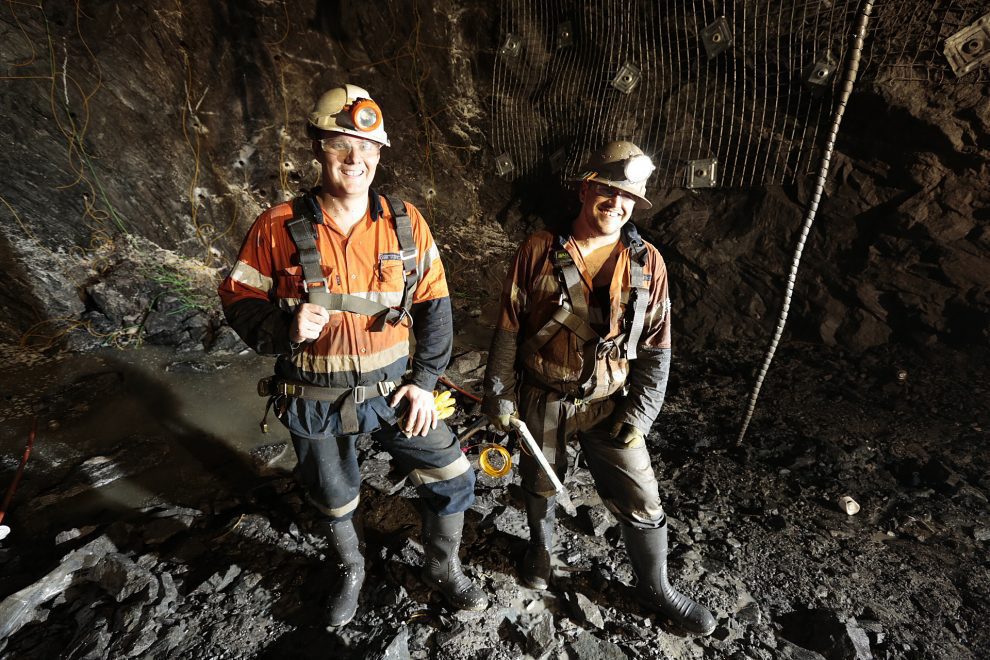
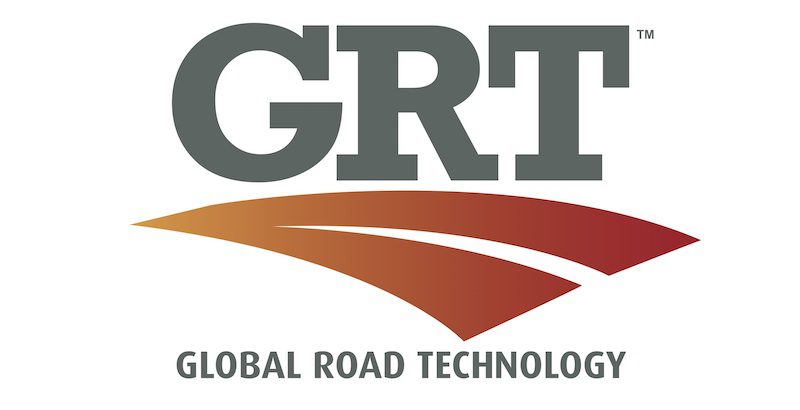
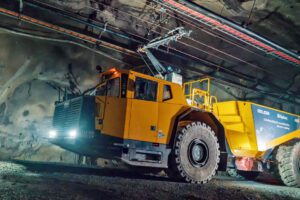
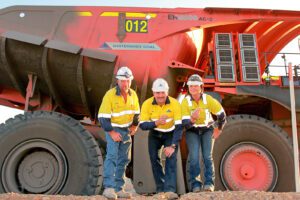
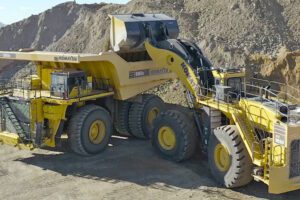








Add Comment